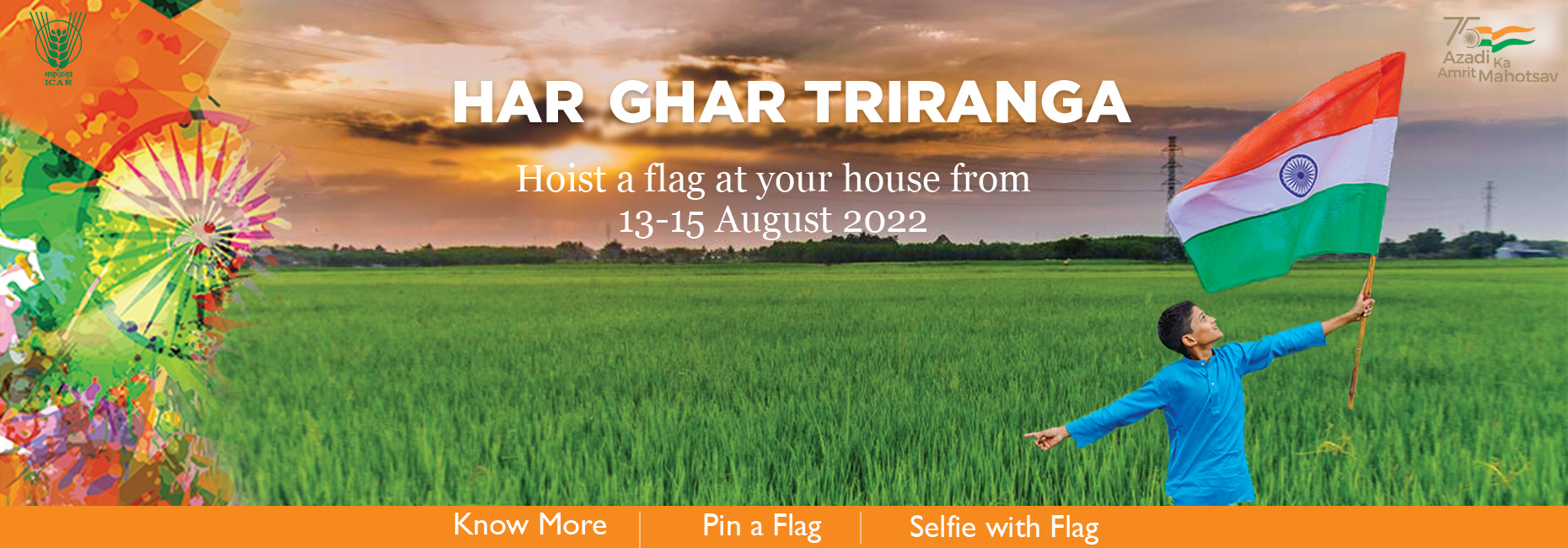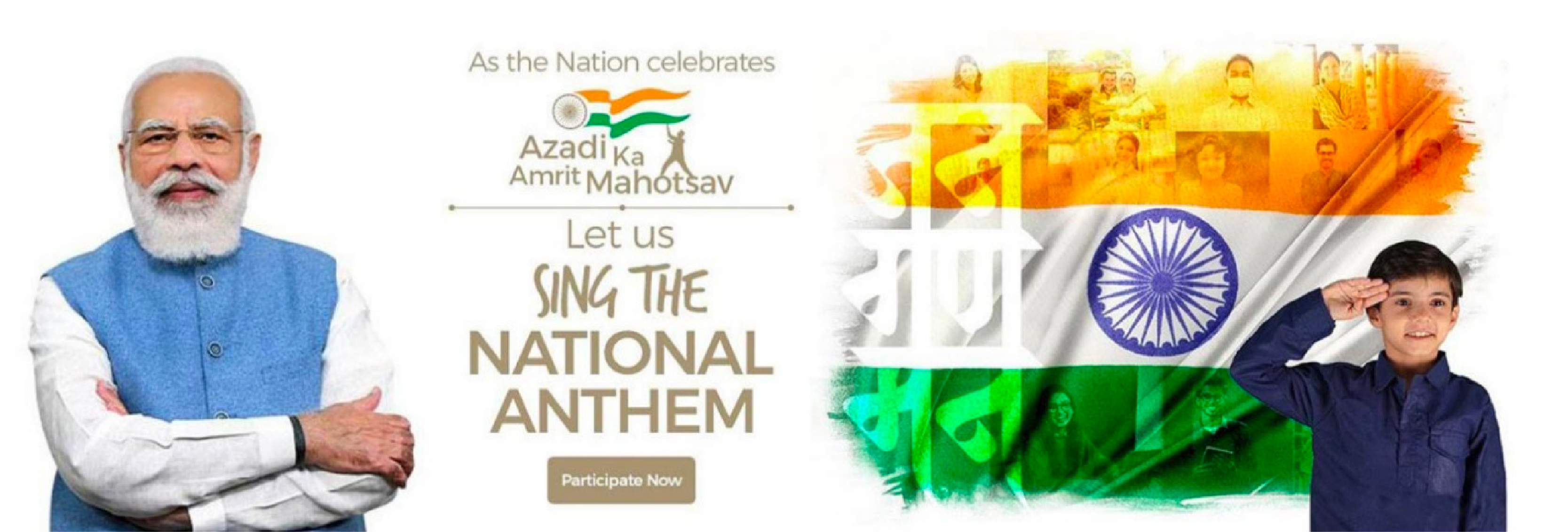PM inaugurates College and Administration Buildings of Rani Lakshmi Bai Central Agricultural University, Jhansi through video conferencing
Agricultural institutions will provide new opportunities to students, help connect farming with research and advanced technology: PM
PM urges people to make Atmanirbhar Abhiyan a success
29 August, 2020, New Delhi
The Prime Minister, Shri Narendra Modi, today inaugurated the College and Administration Buildings of Rani Lakshmi Bai Central Agricultural University, Jhansi, UP through video conferencing. He interacted with the students of the University.



PM congratulated everyone and expressed hope that students after graduating from this university will actively contribute in empowering the country’s agriculture sector. He hoped that new facilities provided due to the new building would encourage and motivate students to work harder.
Invoking Rani Lakshmi Bai’s Quote that “I will not give my Jhansi”, the Prime Minister urged the people of Jhansi and Bundelkhand to make Atmanirbhar Bharat Abhiyan a success.
The Prime Minister noted that Agriculture has a major role to contribute in Atmanirbhar Bharat Abhiyan. He said self reliance in Agriculture targets at making Farmers both- producer as well as entrepreneur. PM said in line with this spirit, several historic agricultural reforms were taken. Just like other industries, now Farmers can also sell their produce anywhere in the country, wherever they fetch better prices. He said a special dedicated fund of Rs 1 Lakh crore has been set up for providing better facilities and promoting industries in a cluster based approach.
Saying that steady efforts are continuing to connect farming with modern technology, the Prime Minister noted that Research Institutions and Agricultural Universities have a vital role to play. He said now there are three Central Agricultural Universities in the country, compared to just one Central University 6 years ago. Besides this, three more National Institutions viz. IARI Jharkhand, IARI Assam and Mahatma Gandhi Institute for Integrated Farming in Motihari, Bihar are also being established. He remarked that these institutes will not only give new opportunities to the students, but will also help in increasing their capacity, in providing technology benefits to the local farmers.


Speaking about use of modern technology in meeting agriculture related challenges, the Prime Minister gave an example of recent locust attack. He said the Government worked on war footing to control the spread of the attacks and to reduce the damage. He mentioned that dozens of control rooms were set up in several cities, arrangements were made to alert farmers in advance, drones to spray, dozens of modern spray machines used to kill locusts were procured and provided to farmers.
The PM said that in the last six years, the Government has endeavoured to establish a link between research and farming, and to provide scientific advice to the farmers, at the ground levels in the villages. He sought the cooperation of the universities in developing the ecosystem to streamline the flow of knowledge and expertise from campus to agriculture fields.
Stressing on the need to take knowledge related to agriculture and its practical application to school level, the Prime Minister said efforts are to introduce the Agriculture subject at Middle school level in villages. It will have two benefits- One, it will develop agriculture related understanding in the students and secondly, it will enable the students to give information about agriculture, its modern farming techniques and marketing, to their family members. This will promote Agro-entrepreneurship in the country, he added.
Talking about the steps taken to minimize the problems faced by the people during the coronavirus pandemic, the Prime Minister said free rations are being provided to crores of poor and rural families in Uttar Pradesh. Around 10 lakh poor women in Bundelkhand have been given free gas cylinders during this period. Under Garib Kalyan Rojgar Abhiyan, over 7 hundred crore rupees have been spent in UP so far, under which employment was provided to lakhs of workers.
The Prime Minister said, as promised earlier, the campaign to provide drinking water to every house is being executed at a rapid pace. Around 500 water related projects worth more than Rs 10,000 crores have been approved for this area. Out of this, work on Projects worth Rs 3000 crores has commenced in the last two months . It will directly benefit lakhs of families in Bundelkhand. He added that work is in progress on Atal Groundwater Scheme to raise the level of groundwater in Bundelkhand. He said work on projects involving more than 700 crore rupees is underway to increase the water level in hundreds of villages of Jhansi, Mahoba, Banda, Hamirpur, Chitrakoot and Lalitpur as well as West UP.


The Prime Minister said in spite of Bundelkhand surrounded by Rivers Betwa, Ken and Yamuna, the entire area does not get the full benefit of the rivers. He said the Government is making steady efforts to change this situation. PM noted that Ken-Betwa River Link Project has the potential to change the fate of the region and said the government is cooperating and working with the state governments in this direction. PM expressed confidence that once Bundelkhand gets enough water, life here will change completely. He said that projects worth thousands of crores like Bundelkhand Express Way, Defence Corridor will create thousands of new employment opportunities here. He said the mantra of 'Jai Jawan, Jai Kisan aur Jai Vigyan' will be echoed in all four directions in Bundelkhand. The Prime Minister reiterated the commitment of the union government and the government of Uttar Pradesh to enrich the ancient identity of Bundelkhand.
Shri Yogi Adityanath, Chief Minister, Uttar Pradesh outlined the Government of India’s various farmers’ beneficial schemes like Pradhan Mantri Krishi Sinchai Yojana that has played a pivotal role in improving the conditions of droughts in different states. The Minister also highlighted the initiation of the “Har Ghar Jal Yojana” in the various Districts of the state. He accentuated the Gau Ashray Sthal Yojana that has been providing due shelters and protection to the stray cows in different parts of the state. Shri Yogi underlined the establishment of 20 new ICAR-KVKs in the state.
Shri Narendra Singh Tomar, Union Minister of Agriculture & Farmers’ Welfare emphasized that the Rani Lakshmi Bai Central Agricultural University will play a pivotal role in the development of Bundelkhand in agriculture-related sectors including agricultural education and research. He hoped that the efforts of the University will be helpful in upliftment of livelihood of the farmers of Bundelkhand region.
Earlier, the Prime Minister interacted with five students of the University on various aspects of Agriculture, Horticulture and Forestry and motivated them for creating entrepreneurial skills, start-ups and generating self-employment. He also asked many questions on how agricultural studies can be utilized for making self-sufficient and brighter India. During the interaction, he also talked about the expansion and reinforcement of forest area along with the opportunities of organic farming in horticulture sector. The students also interacted with the Prime Minister related to new higher education policy.
Shri Parshottam Rupala, Union Minister of State, Ministry of Agriculture & Farmers’ Welfare; Shri Kailash Choudhary, Union Minister of State for Agriculture & Farmers’ Welfare; Shri Anurag Sharma, MP, Lalitpur, Jhansi; Shri Pushpendra Chandel, MP, Hamirpur, Mahoba; Shri Ravi Kamal Sharma, Local MLA; Shri Bihari Lal Arya, MLA, Maurani; Shri Jawaharlal Rajput, MLA, Garoutha; Rama Niranjan, Member Legislative Council; Dr. Trilochan Mohapatra, Secretary (DARE) & Director General (ICAR); Shri Sanjay Kumar Singh, Additional Secretary (DARE) & Secretary (ICAR); Dr. Punjab Singh, Chancellor & Prof. Arvind Kumar, Vice-Chancellor, Rani Lakshmi Bai Central Agricultural University, Jhansi, Uttar Pradesh along with other senior officials were also present during the occasion.
(Source: PIB, Delhi/ICAR-Directorate of Agricultural Knowledge Management)







 कृषि अनुसंधान एवं शिक्षा विभाग
Department of
कृषि अनुसंधान एवं शिक्षा विभाग
Department of










